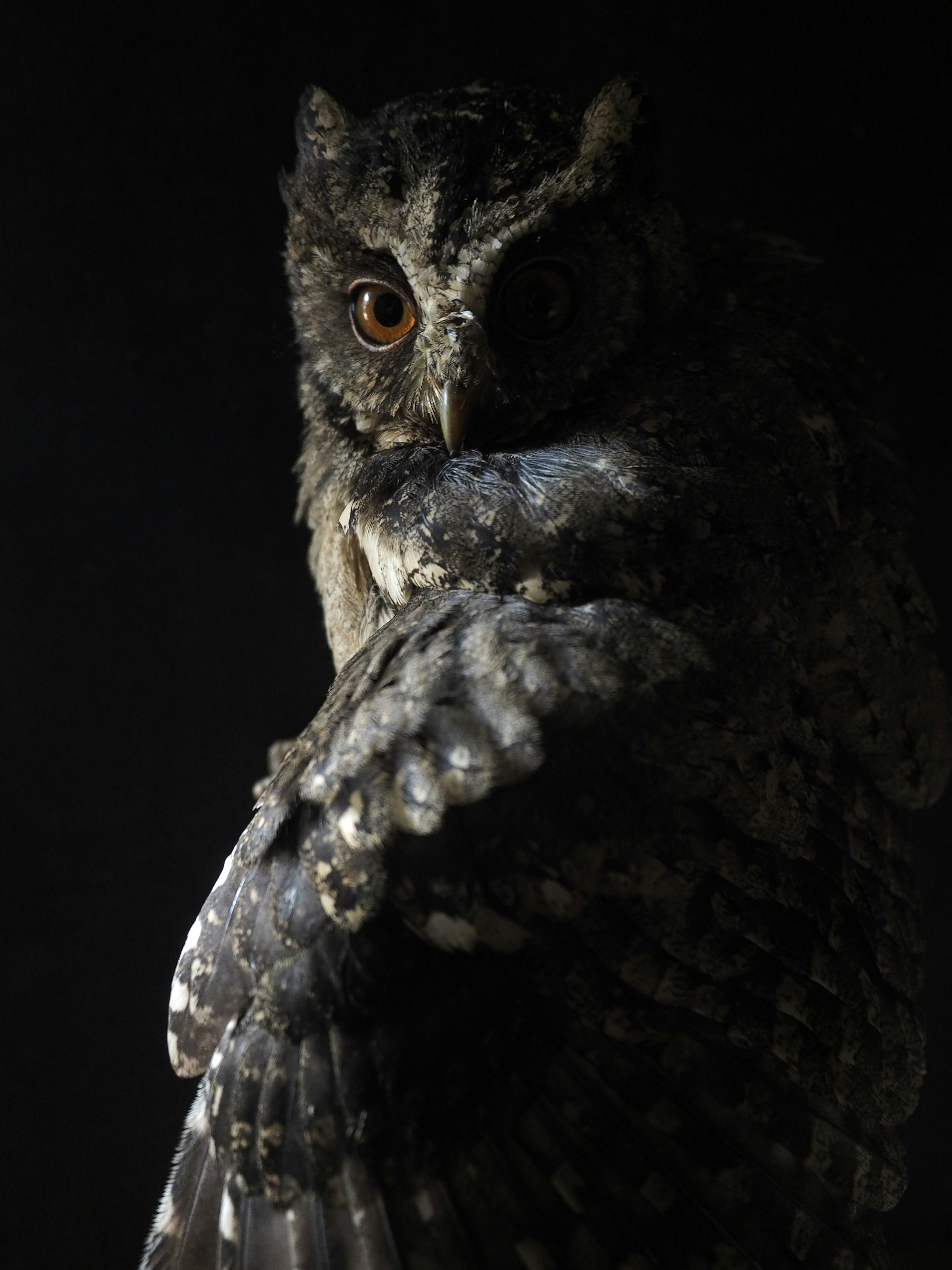Linda Gregg, "Highway 90"
At night in the desert, driving a fast car, there's freedom. A reveling in nature. Power.

Allison Seay's reflections on this poem are highly recommended. Seay also points to this essay by Gregg, "The Art of Finding," which I guarantee you won't forget.
At night in the desert, driving a fast car, there's freedom. A reveling in nature. Power.
Is this–under "great stars," surrounded by "[c]lean air"–one's fully actualized self? I think some are tempted to say it's running away. There aren't other people; the car probably isn't going to a known destination; the drive alone seems the purpose. A relationship breaks apart and behavior like this ensues.
I'm not sure what to say. There are those I loved who could never understand what I gave. Sometimes you're not lonely because you're running away. Sometimes loneliness is all you have. Whether you like it or not, you're in the desert, open to the night, driving somewhere.
I'd like to begin by noting the exhilaration of "Highway 90." For me, it hearkens to those moments we feel free because we've been let go. There's sadness and a strange adrenaline rush. We need to embrace the future, no matter what it is. The exhilaration goes hand-in-hand with lines both confused and resolved: "I'm trying to decide / if this is what I want."
Highway 90 Linda Gregg An owl lands on the side of the road. Turns its head to look at me going fast, window open to the night on the desert. Clean air, and the great stars. I’m trying to decide if this is what I want.
Of course, even that is an oversimplification. Consider what's happening as the car zooms by. "An owl lands on the side / of the road." An excited mess of desires cuts through the desert, witnessed by an ominous animal. Now we've got to reflect on omens. The funny thing is how they point not only to fate, but purpose beyond ourselves. If we don't have purpose–if we're not sure–it feels as though time itself has ideas about us.
Maybe it's smart to push the accelerator. [The owl] "[t]urns its head / to look at me going fast, / window open to the night / on the desert." I mean, think of Oedipus Rex. Laius hears his son will kill him so he tries to kill his son first. Eventually, Oedipus murders Laius in blind rage not even knowing who he is. It does seem it would be better not to know the future. The ominous isn't scary because of what will happen. It's scary because of how we react based on what we think will happen.
All the same, if we want something more–if we want to be loved, if we want to do something with our lives–we have to declare a purpose. This invites omens. If we want things, we have to make claims about the future. Or maybe not! Maybe we can just enjoy the "[c]lean air" and the "great stars." Maybe greater wisdom lies in leaving windows open. Fresh air can't be ominous, can it? At the very least, we're not reacting.
The question I'm confronting: is "this is what I want" sustainable? In a way, yes. We dedicate ourselves to the journey. We learn to stop and smell the roses. We want to be alone for at least a few moments so we can take in and reflect on the world. On what we're doing and have done.
And all of that, I can add, happens while wanting to cry the moment commercials play.
In a deep way, I don't know if "I'm trying to decide / if this is what I want" is real. I need to clarify, obviously. Of course people need to take the time to think about what they want out of love and life. Of course things need to settle so they know what they're working with. But I think about how I found what was valuable to me and put myself in a position to be there for others. It was less a decision and more things being better. What I needed to know was that something like "Highway 90" was just that, an experience ultimately worth having for its own sake. There's almost no way I could have known that at the time.
